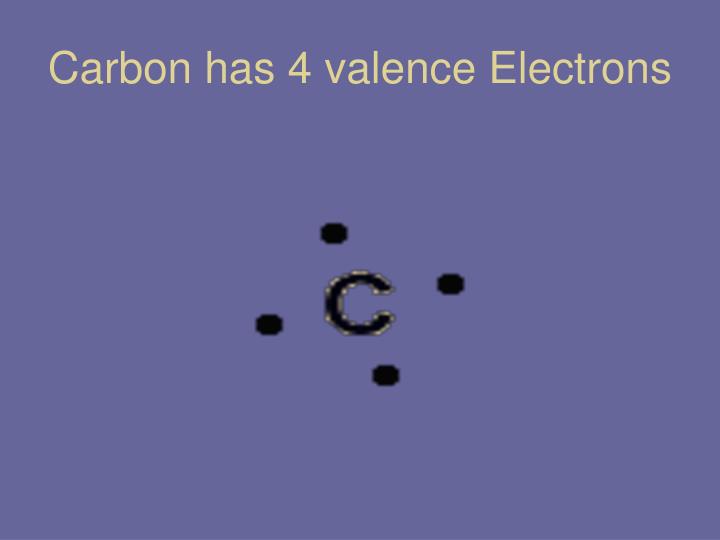

Lead is only found as a dense blue-gray metal. Tin occurs as white tin, gray tin, and rhombic tin. Carbon, for example, occurs in diamond, graphite, fullerene, and amorphous carbon allotropes. Except for lead, all of the carbon family elements exist as different forms or allotropes.The elements tend to form covalent compounds, though tin and lead also form ionic compounds.Overall, the carbon family elements are stable and tend to be fairly unreactive.The carbon family elements have widely variable physical and chemical properties.Carbon is the only element in the group that can be found pure in nature. These elements are found in a wide variety of compounds.In other words, the elements gain metallicity moving down the group. The carbon family consists of one nonmetal (carbon), two metalloids (silicon and germanium), and two metals (tin and lead).

Element density increases moving down the group.As you move down the periodic table in the carbon family, the atomic radius and ionic radius increase while electronegativity and ionization energy decrease. Atom size increases moving down the group because an additional electron shell is added.Only carbon has the s 2 outer configuration, which accounts for some of the differences between carbon and other elements in the family. Two of these electrons are in the s subshell, while 2 are in the p subshell. Carbon family elements contain atoms that have 4 electrons in their outer energy level.


 0 kommentar(er)
0 kommentar(er)
